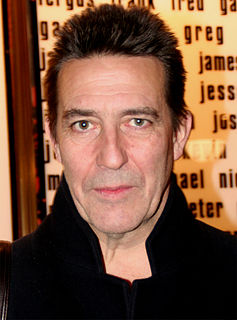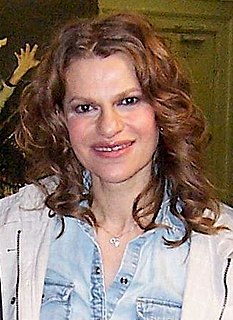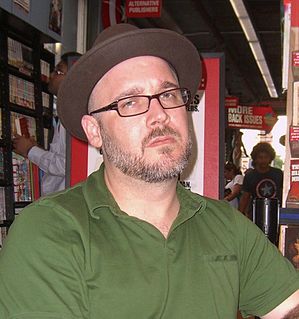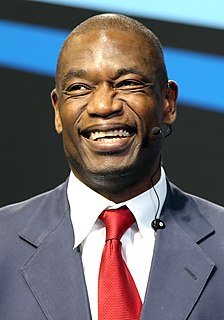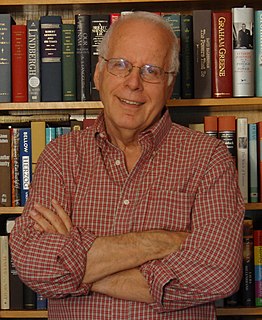A Quote by Ciaran Hinds
I'm not a comic person at all. It never reached me in the north of Ireland, in the '60s and '70s growing up. We used to get stupid comics like 'The Topper' and 'The Beezer,' things like that.
Related Quotes
I was a child of the '60s basically, which is a real blank. I really started growing up, I think, in the '70s. I'm a glam-rock kid. But Dublin, Ireland in those days was a very dark place, as in it was a very poor, almost third world. Economically, the whole world is going through a recession at the moment. In the '60s, '70s, and the '80s in Ireland was a real recession. It wasn't a pleasant place.
When I was a kid, back in the '40s, I was a voracious comic book reader. And at that time, there was a lot of patriotism in the comics. They were called things like 'All-American Comics' or 'Star-Spangled Comics' or things like that. I decided to do a logo that was a parody of those comics, with 'American' as the first word.
The good part of what comics trains you to do is it trains you - especially if you've worked in mainstream comics like Marvel and DC, or if you're just doing your own independent comics - to compartmentalize things and work on multiple things at the same time. And that's a skill that is incredibly handy in Hollywood, because within the first year that you get here, you realize there's a reason why every successful person in Hollywood has like seven or eight projects up in the air at any point.
That's what everybody tells me. "I would've had a great comic-book collection, but my mother made me throw them away." But when I was growing up, my mother didn't care. As long as I was reading, she didn't care if my room was filled with comics. I could have saved everything. I was just too stupid to do it.
I came in with a very specific idea about what a Doctor Strange movie should be, which was rooted in the comics, and I thought it should be as weird and as visually ambitious compared to modern comic book movies as the comic was when it showed up in the '60s compared to other comic books at the time.
To me, my favorite comic book movies were the ones that were never based on comic books, like Unforgiven. That's more the kind of thing that get us inspired. Usually when you say something's a comic book movie, it means you turn on the purple and green lights. Suddenly that means it's more like a comic book, and It's not really like that.
I think probably the first time I wanted to be an artist was when I was about six or seven years old. I used to get British comics and I clearly remember seeing my first American comic: an issue of 'Action Comics', with Superman on the cover with a treasure horde in a cave, and Lois saying something like 'I don't believe Superman is a miser!'
